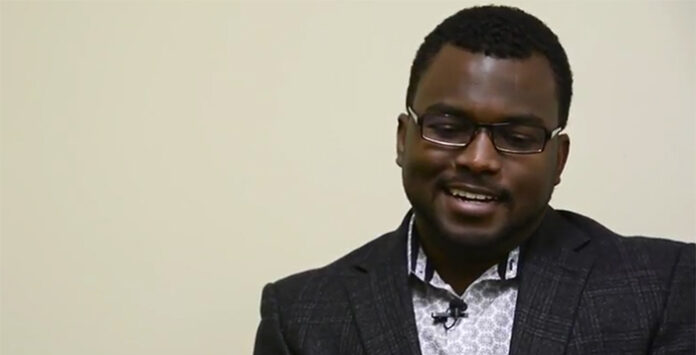
Maricopa’s local business incubator and its parent company were moved to a month-to-month contract Tuesday, after city council voted to limit the term of the agreement while searching for and possibly transitioning to a new operator.
Maricopa Center for Entrepreneurship and its overseer the Northern Arizona Center for Entrepreneurship and Technology (NACET) were scrutinized once again as councilmembers, many reluctant to continue with the current arrangement, struggled to make sense of a relationship that itself has struggled to show success.
In a 6-1 vote the council voted to move to the month-to-month agreement, with a six-month maximum, while the city’s Economic Development team prepared a Request for Statement of Qualifications (RSOQ), opening the door for other organizations to potentially operate the incubator.
One such organization –Maricopa Chamber of Commerce – was on hand Tuesday to throw its hat in the ring.
“The chamber, by its nature, stands ready and able to create the necessary programs, as well as enhance other services we currently offer, to start up business here,” Chamber Director Terri Crain told the council.
Though the council couldn’t directly respond to the potential of moving the incubator to the Chamber, all councilmembers did express appreciation for the importance of an incubator in one form or another.
Most, however, stated frustration with the model MCE has followed.
Councilmember Julia Gusse compared MCE with several other incubators in the area. Though they all differ in their structure, one thing they do have in common, she said, was external sponsorship.
“In my opinion, the city shouldn’t be the sole funder of any entrepreneurship program,” Gusse said.
Responding via teleconference, Councilmember Nancy Smith also questioned MCE’s continued reliance on taxpayer dollars, asking, “When are you going to become self-sufficient?”
Quintin Baker is the director at MCE. He said he hopes to see private-sector support at MCE for at least 25 percent in the next six months.
Councilmembers also questioned the resources NACET provides to MCE.
“In my opinion, we haven’t received much,” Gusse simply stated.
Further scrutinizing the resources from NACET, Councilmember Vince Manfredi said, “I think NACET has failed Quintin [Baker]; I think NACET has failed the City of Maricopa.”
Manfredi said he thinks Baker is a “remarkable asset to the city,” and if he could keep him without giving any more money to NACET, he would.
Baker responded saying a personal partnership with the city is something he would look at, but he couldn’t say if it was really any option.
Regardless of the past experience, Councilmember Henry Wade said, the city needs to step back and consider the options that will be presented by the RSOQ.
“I think we need to let the process take its course, and then we will have a very firm understanding about comparing apples to apples, instead of apples to oranges,” Wade said.
Another concern was expressed by Councilmember Peggy Chapados about the affect a shock-therapy type transition would have on the businesses currently under MCE’s umbrella.
“Is it worth it for this council to stick with what we got knowing that we intended to change it somehow so we don’t lose the whole project,” Chapados asked rhetorically.
Baker later said he doesn’t fear what may have come from this decision or any future decisions. To him, it’s all part of being an entrepreneur.
“If it didn’t work out to today, fantastic,” Baker said. “What are we going to try next? Let’s try to break something else, and if you just keep going, it’ll work out.”







![Elena Trails releases home renderings An image of one of 56 elevation renderings submitted to Maricopa's planning department for the Elena Trails subdivison. The developer plans to construct 14 different floor plans, with four elevation styles per plan. [City of Maricopa]](https://www.inmaricopa.com/wp-content/uploads/2024/04/city-041724-elena-trails-rendering-218x150.jpg)

![Affordable apartments planned near ‘Restaurant Row’ A blue square highlights the area of the proposed affordable housing development and "Restaurant Row" sitting south of city hall and the Maricopa Police Department. Preliminary architectural drawings were not yet available. [City of Maricopa]](https://www.inmaricopa.com/wp-content/uploads/2024/04/041724-affordable-housing-project-restaurant-row-218x150.jpg)







